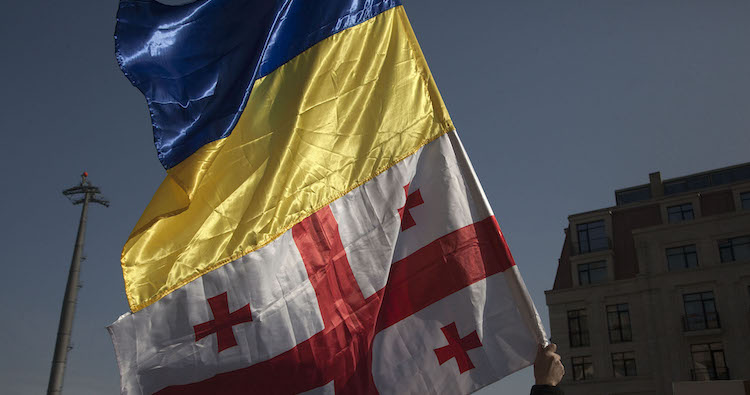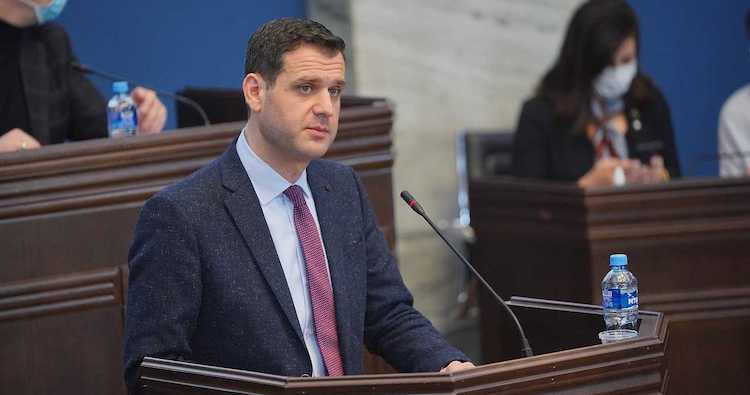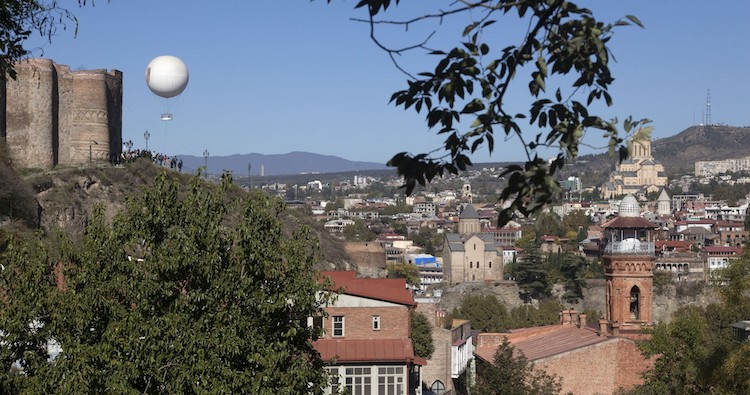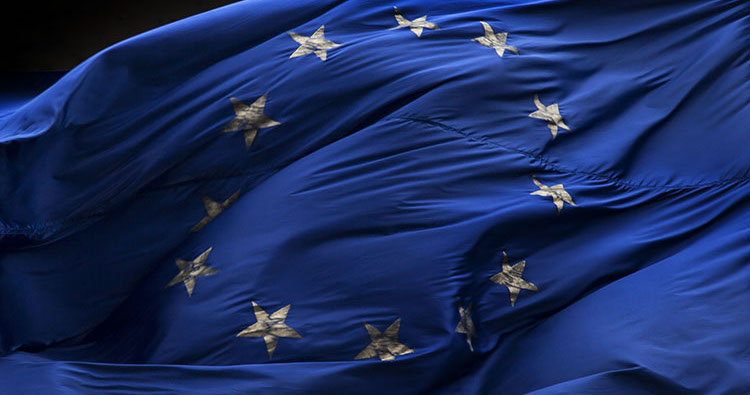NGOs: Georgia can reduce economic dependence on Russia, use transit function “more efficiently”

The NGOs and research centres also point out Georgia could employ semi- and highly qualified professionals among Ukrainian refugees entering the country in sectors of the economy where it lacks local professional skills. Photo: Nino Alavidze/Agenda.ge
Georgia can reduce its economic dependence on Russia, use the country's transit function more efficiently, and accelerate economic integration with Western countries amid the Russian invasion of Ukraine, Georgian-based non-governmental organisations and research centres said in a statement on Tuesday.
Signed by five NGOs operating in the country, the statement includes 10 recommendations to the Government on economic issues, recommending a reduction of budget expenses and noting the reduction should be applied both to current expenses and the financing of projects effectiveness of which remains unstudied.
Additionally, the statement calls for abolishing import duty tax for countries with which Georgia does not have a free trade agreement but which represent “alternative suppliers” of products mainly coming from Russia. The recommendation is made with the justification of preventing a rise in prices and ensuring macroeconomic stability.
To reduce economic dependence on Russia, the Government needs to begin “more active and expeditious” work on reaching free trade agreements with "all strategic partners" and develop a strategy to decrease its energy dependence on Russian products, the organisations say.
A need for a “clear and unequivocal” statement from the Georgian Government that the country will not be used to circumvent sanctions against Russia is also emphasised in the statement.
Although sanctions are primarily a political issue, the current expectation that Georgia might be used to circumvent sanctions is damaging the country's reputation, which will significantly hamper the country's economic development in the long run,” the text reads.
The NGOs and research centres also point out Georgia could employ semi- and highly qualified professionals among Ukrainian refugees entering the country in sectors of the economy where it lacks local professional skills.
As part of their mentions of new possibilities, the signatories of the statement also note Georgia needed to accelerate the process of implementing reforms aimed at strengthening the rule of law and “reducing bureaucratic barriers to promote the investment and business environment”, as well as accelerate development of the business sector.
New reports of global banks, including the World Bank and the Asian Development Bank, have forecast the Georgian economy growth to slow down in 2022 compared to their previous predictions, due to the ongoing hostilities in Ukraine.
 Tweet
Tweet  Share
Share




